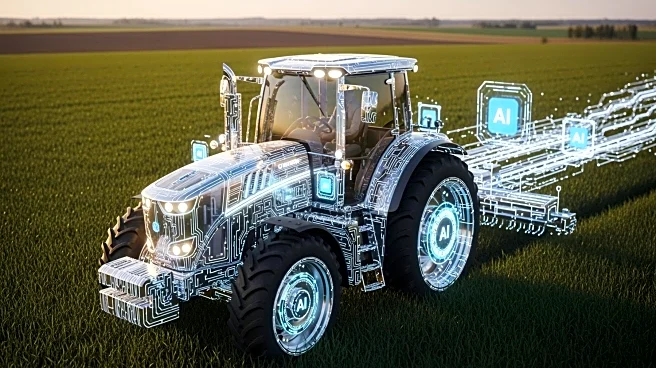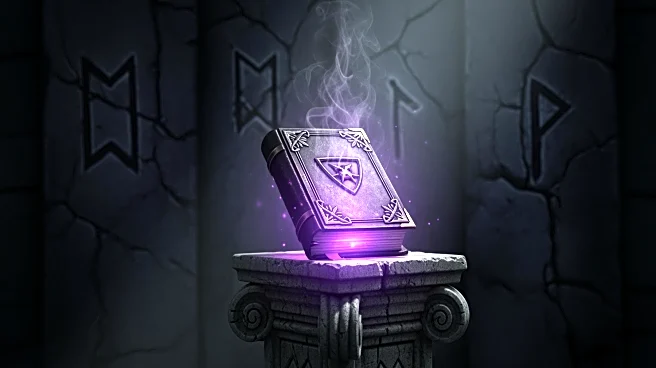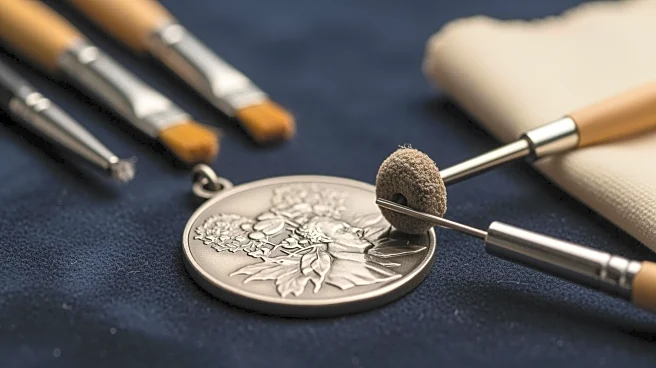What's Happening?
The Steiger Tractor Company, originally founded by the Steiger family in the 1950s, has undergone significant expansion and technological advancements over the decades. Initially, the Steiger family built
tractors from salvaged parts in their dairy barn, leading to the creation of the Steiger No. 1 in 1958. As demand grew, the company expanded its operations and moved to Fargo, North Dakota, where it continued to innovate. Notable advancements include the introduction of the Panther 1000 in 1982, featuring powershift transmission and electronic controls, and the Tiger KP Series IV model in 1983, offering 525 horsepower. Despite facing financial challenges in the 1980s, the company was acquired by Tenneco Inc., which retained the Steiger name due to its strong reputation. Today, Case IH continues to produce Steiger tractors, maintaining the legacy of reliable, low-maintenance machines.
Why It's Important?
The expansion and technological advancements of the Steiger Tractor Company have had a significant impact on the agricultural industry in the U.S. By providing powerful and reliable machinery, Steiger tractors have enabled farmers to increase productivity and efficiency in their operations. The company's innovations, such as articulated steering and advanced hydraulic systems, have set new standards in tractor design, influencing the broader market. The acquisition by Tenneco Inc. and continued production under Case IH ensure that the Steiger legacy persists, supporting the agricultural sector with cutting-edge technology. This development highlights the importance of innovation and adaptation in maintaining competitiveness and meeting the evolving needs of farmers.
What's Next?
The continued production of Steiger tractors under Case IH suggests ongoing advancements in tractor technology and design. As the agricultural industry faces challenges such as climate change and economic pressures, the demand for efficient and sustainable machinery is likely to grow. Case IH may focus on integrating more environmentally friendly technologies and enhancing the digital capabilities of their tractors to meet these demands. Additionally, the company might explore expanding its market presence globally, leveraging the strong reputation of the Steiger brand to capture new opportunities in international markets.
Beyond the Headlines
The story of Steiger Tractor Company reflects broader themes of innovation and resilience in the face of economic challenges. The company's ability to adapt and evolve over the decades serves as a testament to the importance of engineering ingenuity and strategic partnerships in business success. Furthermore, the preservation of the Steiger name by Case IH underscores the value of brand legacy and reputation in the agricultural machinery industry. This case study may inspire other companies to prioritize innovation and maintain strong brand identities to navigate market fluctuations and secure long-term growth.









